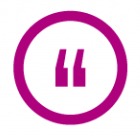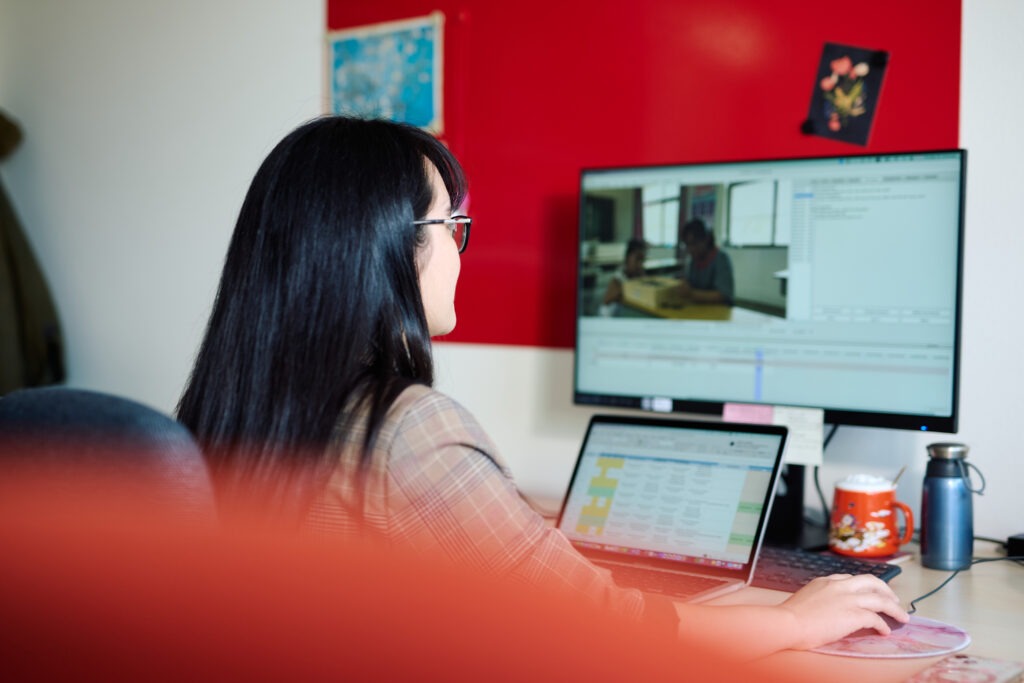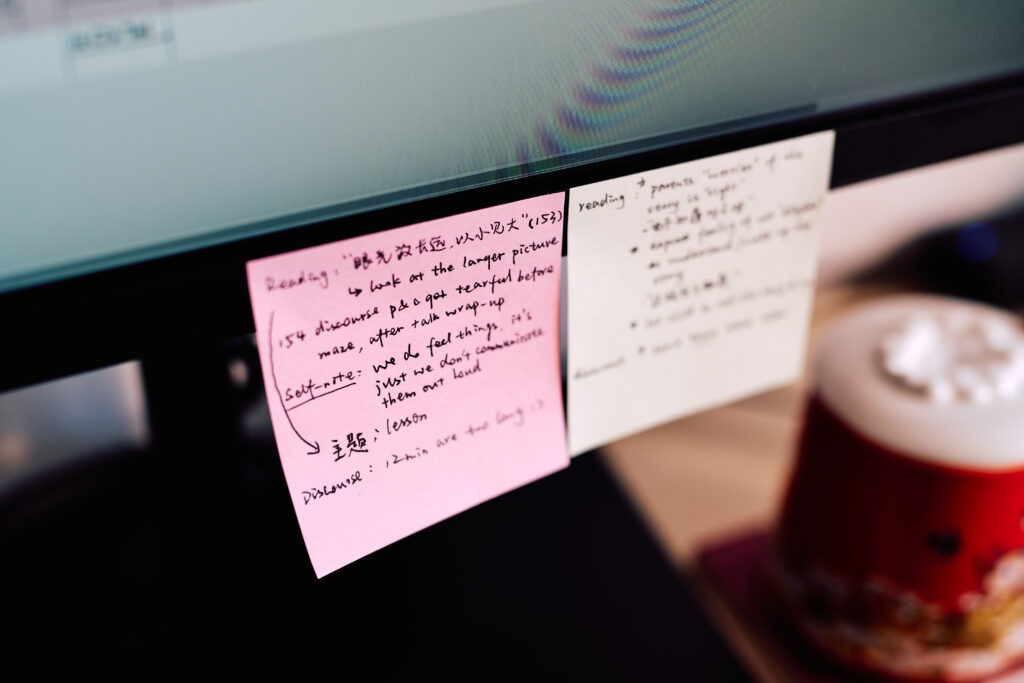“My Research Helps Us Better Understand Parenting Behaviors in Cultural Context and How They Relate To Children’s Well-being”: Part II of The Interview With Dr Danhua Zhu
Welcome to our second episode of the new WiRe interview series In Her Element, where we sit down with inspiring WiRe Fellows who are currently at the University of Münster to talk about their research, routine, and what it means to be a woman in research today.
In today’s episode, we continue our chat with Dr Danhua Zhu, a cultural developmental psychologist whose academic journey has taken her from physics in China to cultural parenting research across three continents. Danhua’s current research project at the Chair of Prof Dr Joscha Kärtner focuses on parenting practices in China (learn more in part I of the interview). In the second part of our interview with Danhua, we travel through milestones and future directions in developmental psychology, explore her views on academic life, and get a glimpse into her research and everyday experience in Münster.

Dr Danhua Zhu
Developmental Psychologist

Research Project
The impact of culturally-shaped emotion-related parenting on children’s wellbeing

Danhua’s research helps …
… to design culturally sensitive prevention and intervention programmes to reduce harmful practices, support positive parenting, strengthen familiy bonds, and promote children’s mental health.
Dining With Legends and Changing the Game: Milestones and ‘What Ifs’ in Developmental Psychology Research
If you could have dinner with one historical figure from your field, who would it be and what would you ask them?
Urie Bronfenbrenner, the developmental psychologist who proposed the influential Ecological Systems Theory. I’d ask him how his theory could be applied to understand the impact of current global challenges—like wars and the COVID-19 pandemic—on child development worldwide.
Urie Bronfenbrenner’s Ecological Systems Theory
The Ecological Systems Theory is a way to understand how people develop and behave based on their surroundings. It was developed by Urie Bronfenbrenner in the 1970ies. The theory says that there are five levels of environment that affect our lives:
Microsystem: Our immediate surroundings, like family, friends, school, or work.
Mesosystem: The connections between different microsystems, like how school and family interact.
Exosystem: The outside world that we don’t directly experience but still affects us, like economy, politics, or media.
Macrosystem: The cultural and social context we live in, including values, norms, and laws.
Chronosystem: Time, which affects how we change and grow throughout our lives.
This theory shows that our development and behavior are shaped by the interactions between these different levels. Think of it like a set of concentric circles, with each circle representing one of the levels. Each level influences the ones inside and outside of it, and they all work together to shape who we are and how we behave.
What do you see as the greatest achievement in developmental psychology?
The development of evidence-based parenting programs that both respect families’ own cultures and bring lasting positive changes to parent-child relationships.
If you could witness any event from history, what would it be—and why?
I’ve always wanted to know my parents’ and grandparents’ life stories, but when I ask they usually just give very simple answers or laugh it off. If I could time-travel, I’d go back to when they were young and see for myself what made them happy or sad, what excited them, and what challenges they faced.
If time and money posed no limits, what big research project would you embark on next?
I’d love to explore how parents and children in different cultures understand emotions and what roles emotions play in their daily lives. I’d conduct open-ended interviews with parent-child pairs in China, Germany, and the US, and then follow up with in-depth interviews about their thoughts and feelings in each country.
Doing Science That Matters: Reflections, Advice, and the Highs & Lows of Academic Life
How does your research make a difference, directly or indirectly, to the world?
My research helps us better understand parenting behaviors in cultural context and how they relate to children’s well-being. The findings can help design culturally sensitive prevention and intervention programs to reduce harmful practices, support positive parenting, strengthen family bonds, and promote children’s mental health.
What advice would you give to young women starting a PhD today?
Pursuing a PhD is a journey of self-discovery, so be bold—try out different things, see what excites you, and find out where your passions lie. Don’t let age limit you—it’s just a number—and don’t feel obligated to finish everything you start. Most importantly, know that it’s okay to say no and not take on too much.
What do you love most—and least—about being a researcher?
My favorite parts are the creative brainstorming and the intellectual exchange with other scientists as a project comes to life, and then seeing the finished work—like a journal article or conference talk—shared publicly. The downside is the period of waiting after you submit a proposal or paper; even if you’ve done your best, all you can do is wait for (often several rounds of) feedback and hope for a yes.
If you could change one thing about the academic systems you’ve worked in, what would it be?
I’d want to eliminate gender inequalities in academia, so that people of all genders have equal opportunities for hiring, salary, and promotion.
New Discoveries off Campus: Everyday Life, Local Surprises, and Favourite Things in Münster
What surprised you most about the University of Münster?
How the university’s institutes and offices are spreading across the city as well as how much support you can receive if you know where to look for or who to ask about it.
What’s the biggest difference between the academic system you last worked in and the one in Germany?
I worked under the University of California system in the United States before coming to Münster. Some differences between the two systems I’ve noticed include cost – US universities have higher tuition fees and students often rely on financial loans and scholarships; and calender year structure – UC system uses quarters with each quarter having around 10 weeks and final exams lasting only 1 week, whereas here are longer semesters and exam period.
Living in Germany, what foods do you enjoy most—and do you have a favorite German word?
I’m really enjoying discovering all kinds of bread here, so I’ll pick “Brot” as my favourite German word.
What makes you happiest in your daily life in Münster or during your fellowship?
I am doing my fellowship in-person in Münster. What makes me happiest is catching a beautiful sunset when I glance out the window or look up at the sky during my day.


